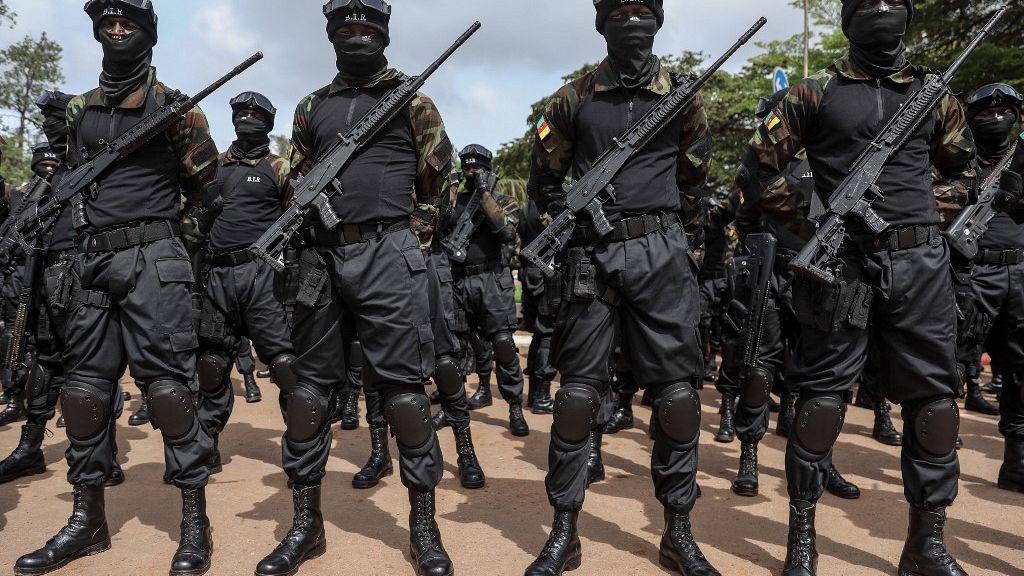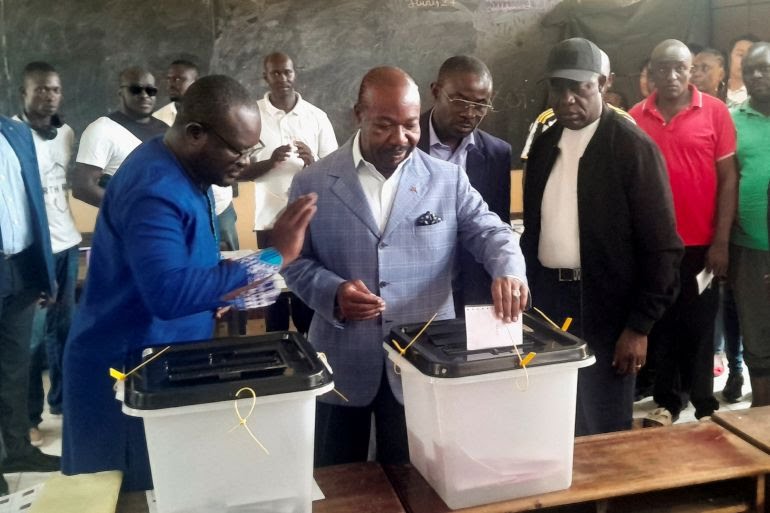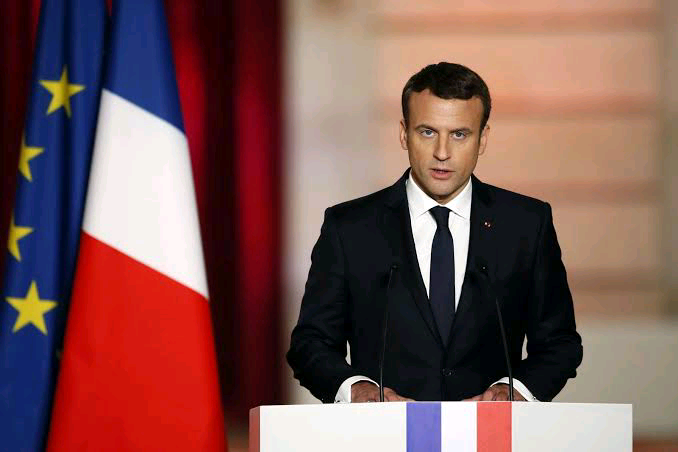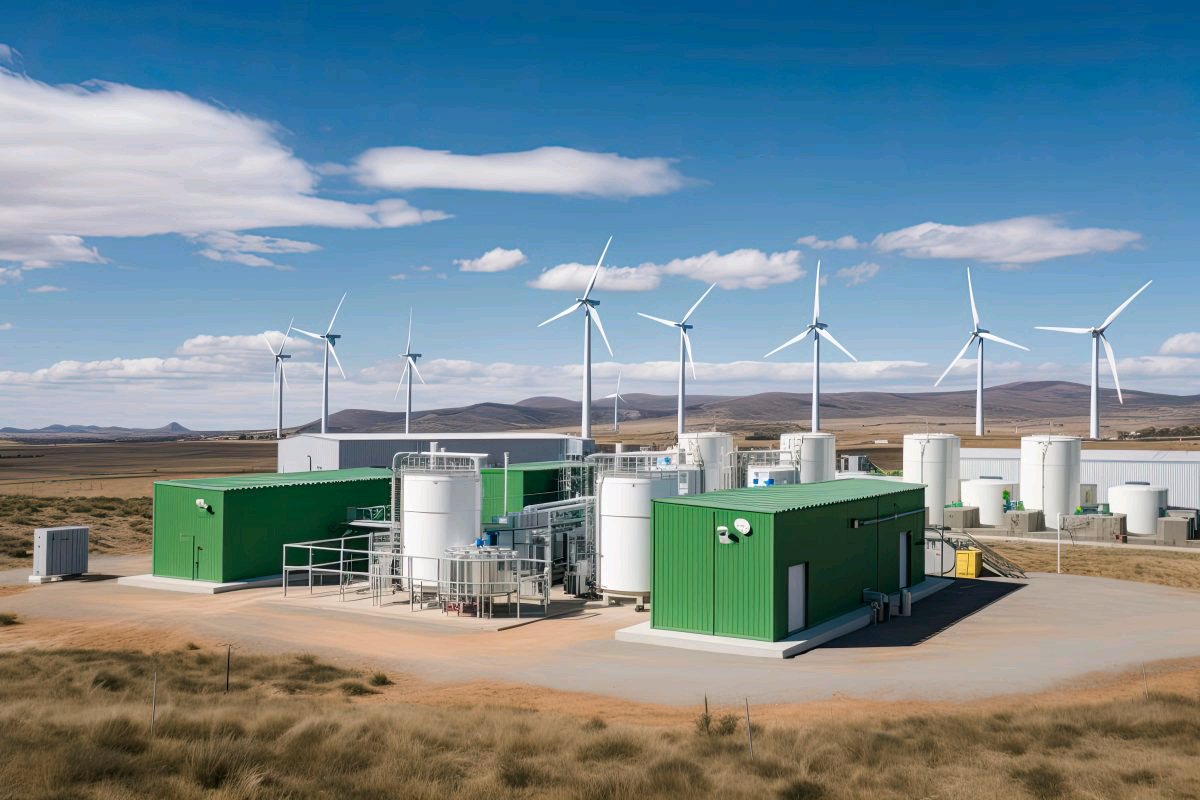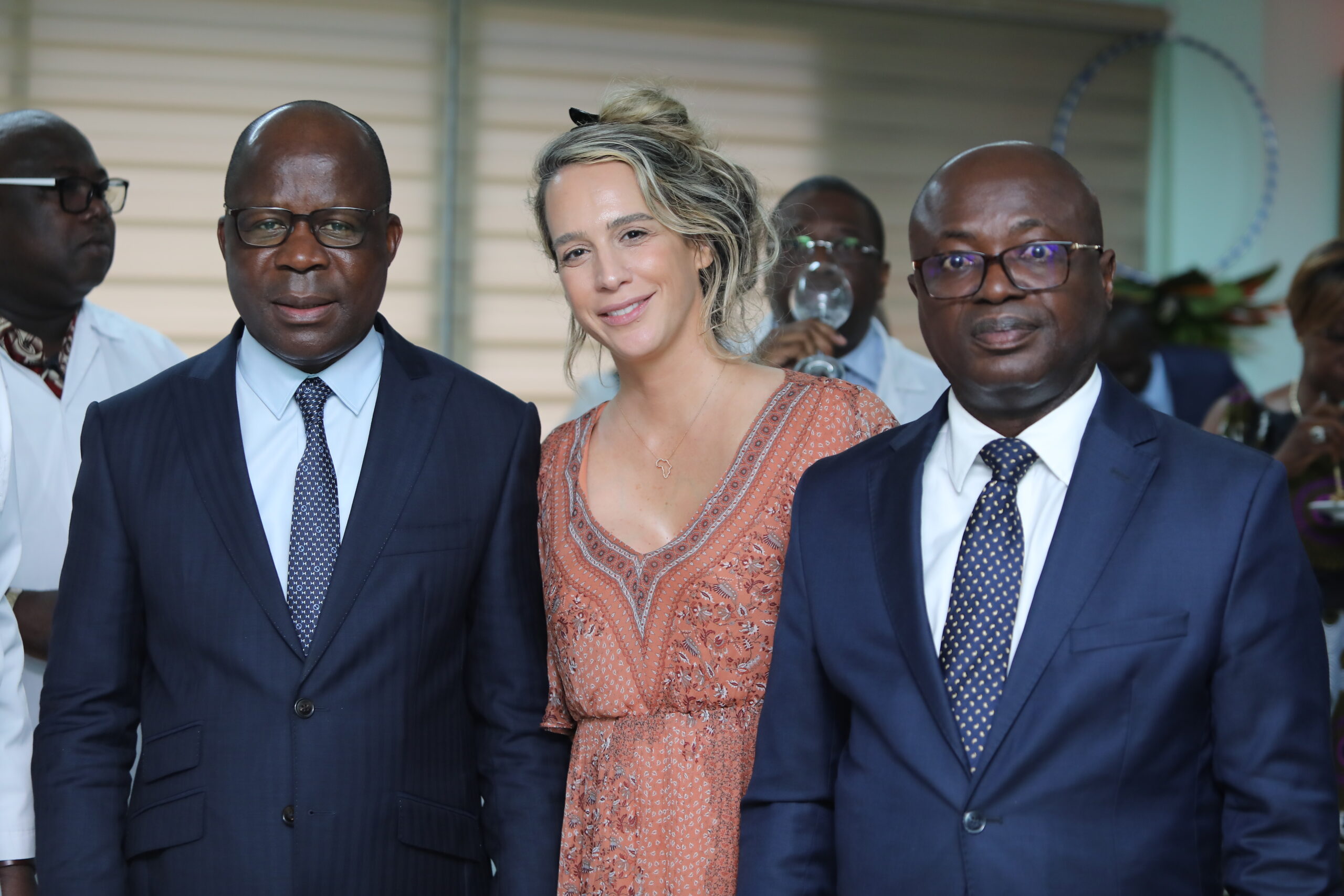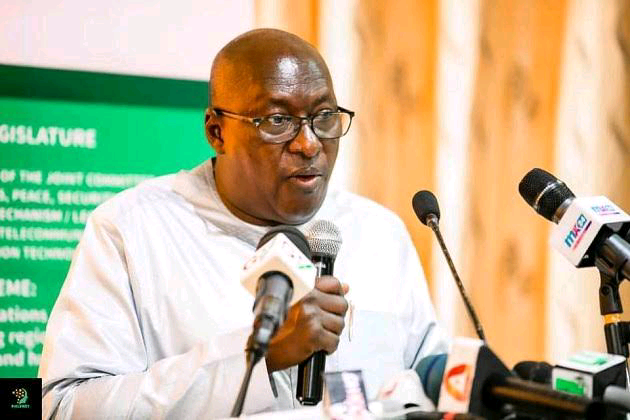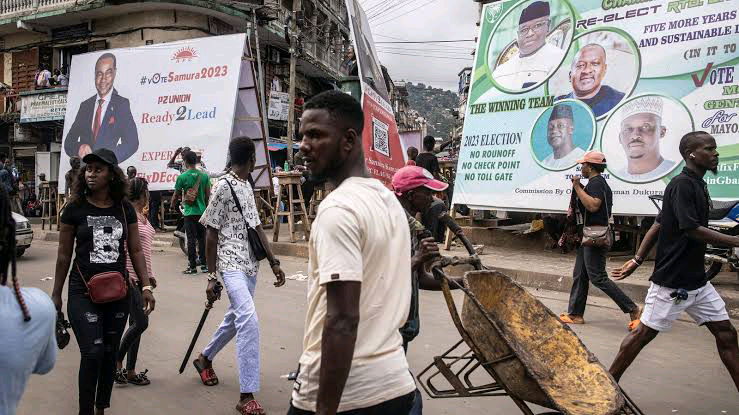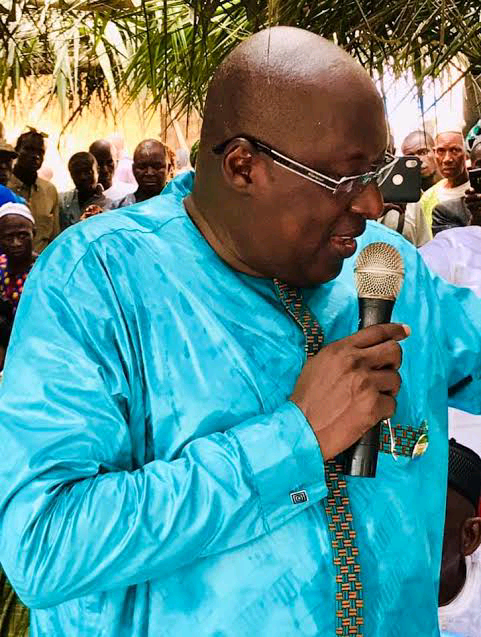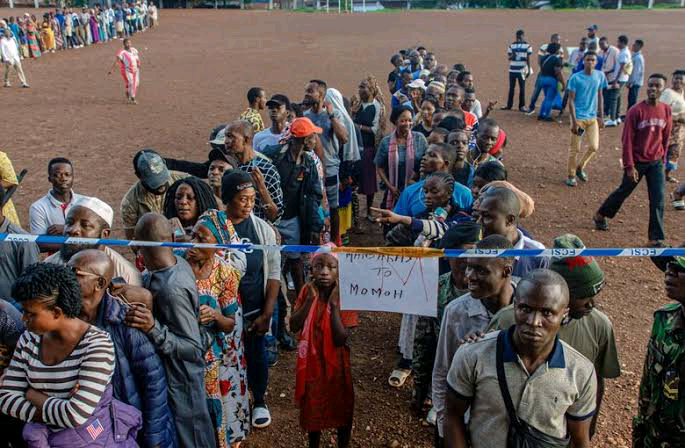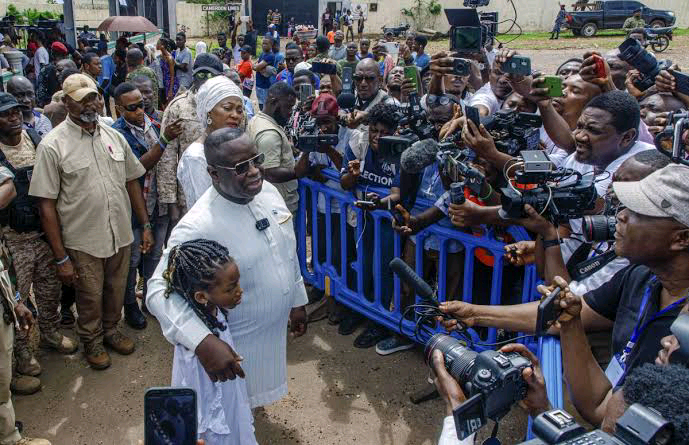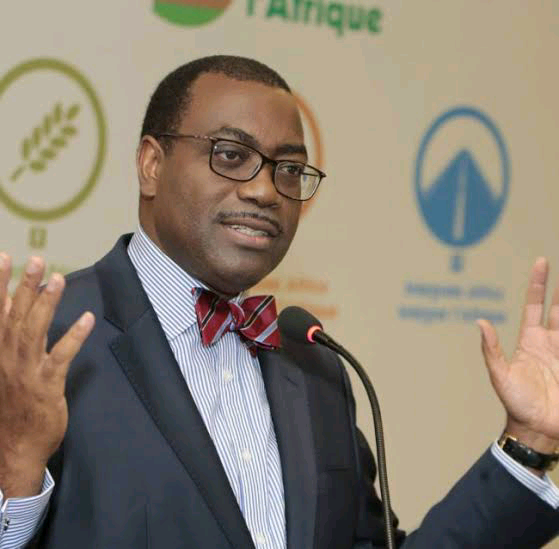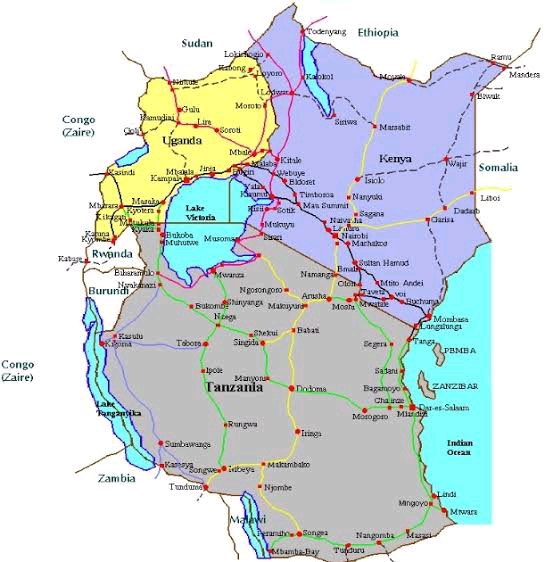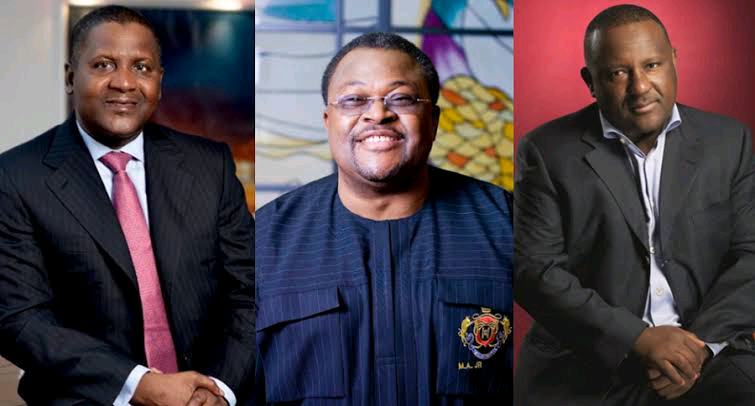Around the world, industrialized economies are looking to undergo green transitions. Countries across Europe and North America particularly are seeking to reduce their dependence on carbon and fossil fuels by investing in new technologies and sources of renewable energy, such as green hydrogen. Namibia is also looking to develop its green hydrogen space, but under rather different circumstances, as James Mnyupe, Economic Advisor to the President of Namibia, explains.
“People think about green hydrogen from an energy transition perspective,” Mnyupe says, “but it’s the exact opposite for us. Lots of highly industrialized countries are consuming huge amounts of carbon and are trying to go towards a low-carbon environment. Whereas with Namibia, we’re going from very little industrialisation to a lot of industrialisation, potentially on the back of a zero-carbon source of fuel.”
“At least in theory, we have the opportunity to leapfrog the carbon-heavy part of industrialisation and go straight to low-carbon industry,” Mnyupe adds.
The Namibian government sees green hydrogen as “a spark,” Mnyupe says. The fuel is perceived not only as a way to drive industrialisation in Namibia, but also promote wider economic prosperity. For one thing, green hydrogen could allow Namibia to develop as an international energy player and establish lucrative foreign markets. Mnyupe explains that “the project is so large and so significant, that it actually enables other industries to flourish… it’s a harbinger of prosperity for the rest of the country.”
In this sense, green hydrogen is also integral to Namibia’s “Vision 2030” project. This was launched by former President Sam Nujoma in 2004 and outlines the country’s ambitions “to improve the quality of life of our people to the level of their counterparts in the developed world by the year 2030”. The importance the government is attaching to the commodity could hardly be higher.
Attracting FDI
Because of this, Mnyupe says the government is taking “every step imaginable” to attract foreign direct investment (FDI) into Namibia to provide the capital to develop the required infrastructure. Inter-governmental diplomacy and private sector engagement have both played a role. “We have shared our vision with many different entities around the world, on various platforms, from the United Nations General Assembly to the World Economic Forum, and beyond.
“We have signed memorandums of understanding (MOUs) with the Netherlands, the European Union, Germany, and Japan as well. On the back of all that, we’ve also exchanged at a private sector level. Namibian entities and Belgian, Dutch, German, and Japanese entities have exchanged ideas on how to partner and deploy capital.”
Namibia has already seen the formation of consortiums and joint ventures because of these efforts. At the start of June, the Namibian government agreed a $10bn deal with German company Hyphen that will facilitate the production of two million tonnes of green ammonia per year by 2030. Last year, Namibia’s O&L Group and Belgian company CMB.Tech agreed to collaborate on building a green hydrogen project in the country.
Namibia’s competitive edge
Mnyupe recognizes, of course, that “competition is fierce – and so it should be.” He points to Kenya, Morocco, Mauritania, Egypt, and South Africa as competitors similarly looking to build sophisticated renewable energy industries. However, he does believe that Namibia has several qualities that could help the country emerge as an attractive option for international investors.
“We have a united government, enabling policy legislation, and very attractive solar and wind resources,” Mnyupe says. “We’re not landlocked so we have access to a harbour. I also think that something very interesting in Namibia is that we have a relatively sophisticated capital market that allows for the construction of various financial instruments that allow for the deployment of blended financing.
“That can help lower the cost of capital required for the construction of these projects – and all of these things make Namibia an attractive place to consider building green hydrogen assets.”
Developing green finance
The quality of Namibia’s capital markets is certainly something that the government is trying to lean into as it attempts to promote the growth of its green hydrogen industry. In 2021, the government announced plans to float a green bond on the New York Stock Exchange, although Mnyupe says they encountered several issues with this project.
“We realized that the green bond would be trading at the Namibian sovereign credit rating, or at least with yields relative to the credit rating, maybe with a few basis points’ discount,” Mnyupe says, “and so we decided the government would have to get a bit more inventive.” This is because Namibia’s credit rating is currently BB-, according to Fitch, potentially making raising cash for the green hydrogen prohibitively expensive.
“So, we started engaging with the European Investment Bank (EIB) to put together a bespoke facility for Namibia that it could tap into to develop complementary infrastructure for the green project.
“This is very important – this is not a project funded by the Namibian government, this is a privately funded initiative. But the Namibian government might have to invest in ancillary infrastructure around it to unlock the full socio-economic potential of the project. For this, we’ve approached the EIB and they’re putting together a package that would be more concessionary than we can afford on our existing credit rating.”
By developing this green finance infrastructure in Namibia, the idea is to “de-risk the project and encourage other private investors to come in”.
“The heavy lifting has to be done early on by multilateral development banks and governments, which is what we’ve been looking to do,” Mnyupe notes. “Private sector banks come in later, and then pension funds can come in once the asset reaches operating level.”
Towards a new economy
Of course, the government is confronting several challenges as it attempts to develop Namibia’s green hydrogen industry. The sheer scale of the project is enormous. The latest estimate shows the cost to be around $10bn – comparable to Namibia’s entire GDP – which is partly a reflection of its complexity. “End-to-end,” Mnyupe outlines, “we need renewable energy transmission pipelines, port infrastructure, roads, housing, and more: quite a hefty undertaking for any government.”
However, if such challenges can be overcome, the rewards could be sizeable – not just economically, but across whole swathes of Namibian social and political life. Namibia is a net importer from one of the most energy-insecure countries on the continent – South Africa. “We import 60-70% of our electricity from South Africa, but with a project like this, we could become a net exporter of electricity.
“That has massive implications from an energy security perspective, from an inflation perspective, and importantly, could allow us to attract energy-heavy industries to Namibia,” Mnyupe says.
This independence would bring wider macroeconomic benefits, too. “The amount of foreign reserves we could attract into the country would be huge, and that would have very interesting consequences for our currency. At the moment, the Namibian dollar is tied to the South African rand so whatever exogenous shocks are experienced in South Africa, we absorb 100% of that,” Mnyupe explains. The positive changes that green hydrogen could bring to Namibia are numerous and profound.
“If we capture even half of the benefits,” Mnyupe says, “the Namibian economy will change fundamentally.”
(African Business)
